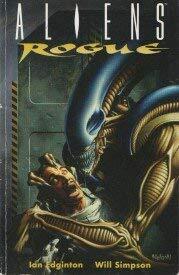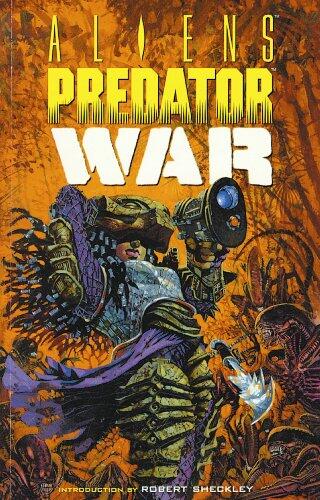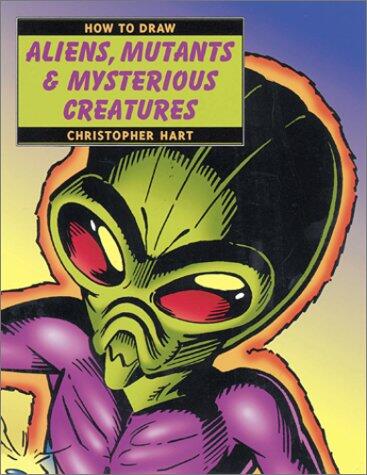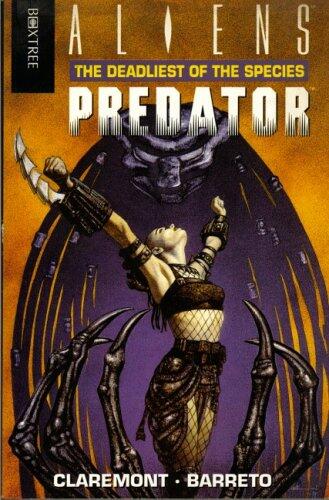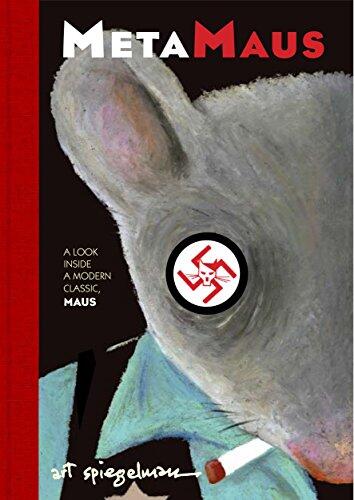
MetaMaus: A Look Inside a Modern Classic, Maus
by:
Art Spiegelman
Edition: First Edition /First Printing
Language: English
Format: Hardcover
ISBN 10: 037542394X
ISBN 13: 9780375423949
Publication date:
October 4th, 2011
Publisher: Pantheon
Pages: 300
Genres: Children’s, History, Art & Photography
Art Spiegelman takes readers on an engaging journey as he reflects on the creation of his groundbreaking work, a Pulitzer Prize-winning graphic novel that has resonated with audiences worldwide. This exploration allows fans and newcomers alike to delve into the intricate layers behind the striking visual and narrative choices that defined the original story.
Through a series of insightful anecdotes and personal reflections, Spiegelman provides an intimate look at his motivations, struggles, and the historical context that influenced his artistic vision. He illustrates how the complexities of his family’s experiences during the Holocaust informed the characters and storylines that populate his work. In doing so, he opens a dialogue about memory, trauma, and the power of storytelling.
The juxtaposition of memoir and analysis makes this exploration both a heartfelt tribute and an academic examination of the graphic novel genre. Spiegelman's candid approach invites readers to consider not only the story of "Maus" itself but the broader significance of its themes in today’s world.
As they turn the pages, readers will find themselves equipped with a deeper understanding of the nuances that contribute to the lasting impact of "Maus." This unique perspective enriches the experience of engaging with the original text, as it highlights the artistry behind one of the most important narratives of our time.
Through a series of insightful anecdotes and personal reflections, Spiegelman provides an intimate look at his motivations, struggles, and the historical context that influenced his artistic vision. He illustrates how the complexities of his family’s experiences during the Holocaust informed the characters and storylines that populate his work. In doing so, he opens a dialogue about memory, trauma, and the power of storytelling.
The juxtaposition of memoir and analysis makes this exploration both a heartfelt tribute and an academic examination of the graphic novel genre. Spiegelman's candid approach invites readers to consider not only the story of "Maus" itself but the broader significance of its themes in today’s world.
As they turn the pages, readers will find themselves equipped with a deeper understanding of the nuances that contribute to the lasting impact of "Maus." This unique perspective enriches the experience of engaging with the original text, as it highlights the artistry behind one of the most important narratives of our time.



